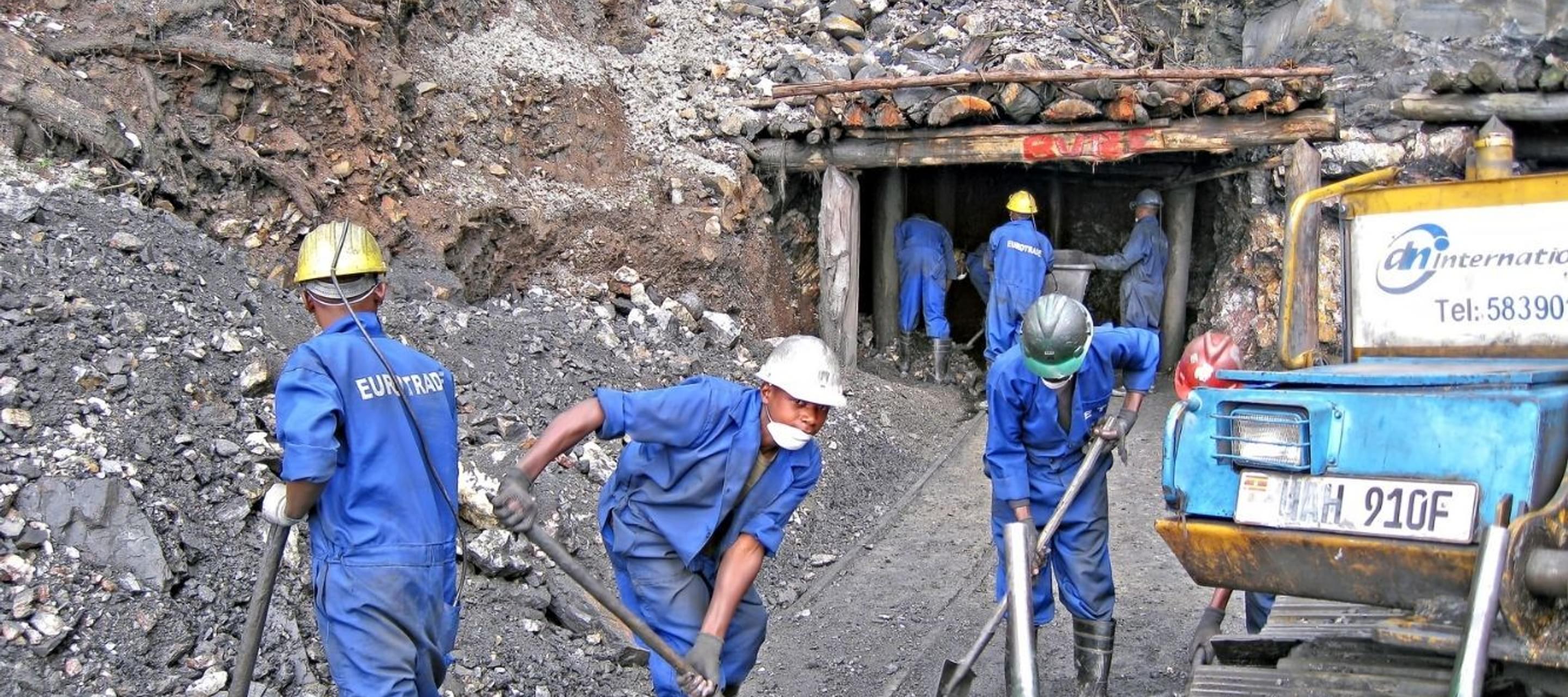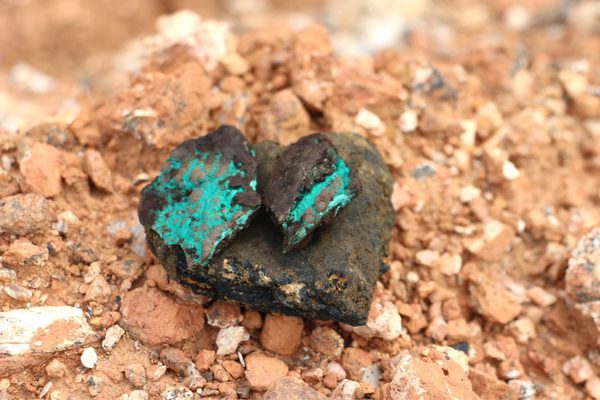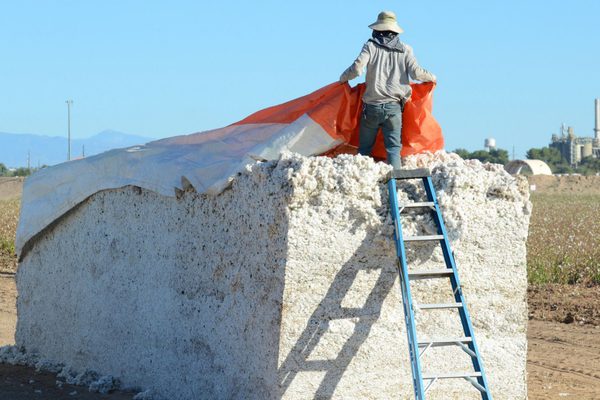Commodity Trading Sector
Encouraging effective human rights due diligence by commodity trading companies on how and where the commodities they trade are sourced.

Summary
- Commodity trading companies are typically viewed as intermediaries between the producers of commodities (farms, mines etc), those who process commodities (such as refineries and smelters), and other traders and end-users (e.g. manufacturers, wholesalers). It can be difficult for the latter (downstream buyers) to have visibility of the ‘chain of custody’ prior to being traded through commodity exchanges.
- It is critical for traders, therefore, to provide downstream buyers with evidence that they have carried out upstream human rights due diligence on the sourcing of the commodities they trade.
- The guidance and our work with traders, civil society and governments aims to increase and improve upstream human rights due diligence.
Background
Determining the human rights impacts associated with the commodity trading sector is challenging given, for example, the diversity of the sector, the complex and varied supply chains associated with specific commodities and the numerous business relationships involved.
Adverse human rights impacts can be found all along the value chain of commodity trading, as in any other economic sector. For example, purchases of a commodity may be associated with producers implicated in labour standards abuses such as child and forced labour. Commodities may also be linked to negative effects on community health and safety, and to adverse impacts associated with community resettlement.
The movement of commodities is another area where trading activities may be associated with human rights abuses. For example, impacts on rights of workers who may be involved in moving commodities from one location to another, such as those working in shipping or warehousing, are relevant in this context. Storage infrastructure for commodities, such as tank terminals, may also be associated with adverse impacts, such as fuel leaking from storage tanks adversely impacting public health.
Aims and outcomes
To enable and encourage commodity trading companies to carry out human rights due diligence on the commodities they buy and sell - from mine or field, through processing, to shipment to the downstream buyer.
Who might this interest?
- Commodity trading companies interested in ensuring ethical sourcing of their commodities.
- Governments looking to provide guidance for commodity traders.
- Civil society organisations wanting to contribute to IHRB’s advocacy work on ethical sourcing of all commodities.
Project activities
- UNGPs Guidance for the commodity trading sector
- Engagement with the trading sector to encourage human rights due diligence.
- Training on obligations and relevant legislation
- Convening actors linked to the sector to discuss and overcome barriers to effective human rights due diligence.
- A series of explainers on various aspects of human rights due diligence in commodity trading.
Resources
Team
Meet the project team and learn about their expertise.





